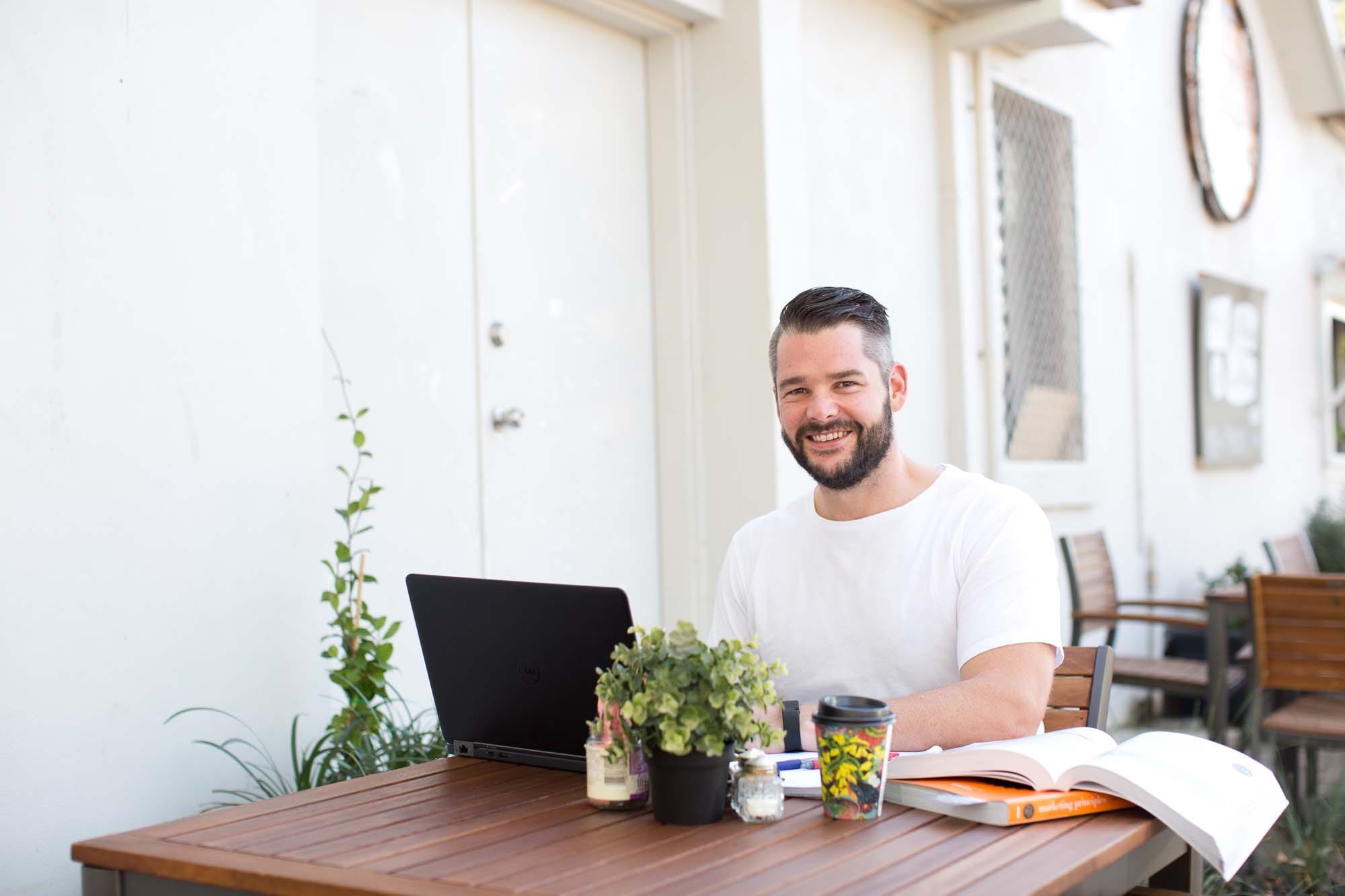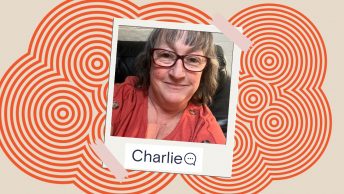by Sarah Allport
These are strange times we’re in. We’ve been asked to stop attending lectures on campus. We are using Zoom to attend lectures and to partake in online learning, not just as a 21st century luxury but as something which is protecting us from illness as well as protecting the wider community.
Online learning can be a desolate place. Or at least it can feel so. Bereft of the physical sturdiness of the institution’s we used to learn within we’re all out here on our own – but kind of also together – in this curiously unifying experience. It’s a bizarre set of circumstances. No libraries to research and study in. No lecture theatres or labs. No cafes to catch up and debrief. No social clubs. No sport. The identity of the student is very much tied to the physical space of the University and yet we find ways to learn. Somehow. In many ways we’re all learning to learn in this changed environment.
A mindfulness practice can be a wonderful new habit to form and use during the disruption caused by the pandemic and to hold on to for future use. A mindfulness practice creates space at a time when we may be feeling like we’re literally backed into a cupboard corner and trying to keep engaged with lecture content, readings and meeting assessment due dates while health anxiety and real life concerns for family, friends and the global community throw doubt and worry across everything we do.
Mindfulness right now can be a panacea for a stressed student.
Although tethered to Buddhism and a sub-category of meditation, mindfulness is really just a practice of awareness that can be used anywhere (including in the cupboard you now call your study) which teaches you to be present.
Here are my top 5 practical tips to implement a mindfulness practice to your day;
- Really take time to pay attention to your first cup of tea or coffee in the morning, be aware of the flavour on your tongue and the smell in your nostrils.
- When switching between tasks set a timer on your phone or laptop for 60 seconds and close your eyes and simply breathe. 60 seconds, that’s it!
- Walk or run mindfully, feel the sensation as your forefoot strikes and pushes off again, the muscles engage and propel you forward.
- Pay attention to the words used when speaking to loved ones, be thoughtful and precise, particularly over video and phone right now – words matter! Practice effective communication.
- Spend some time in nature, headphone free just listening to the sound of the breeze in the trees, the smell of flowers or the ocean, the feel of sand under your feet – pay attention to how it makes you feel in your physical body and emotionally. It could even just be the sun coming through the window at home – remember how it feels.
That’s it! Try implementing some of these or any you think of into your day whenever you have the opportunity.
In time you’ll notice your mind starts to look for mindful moments and you become more present in good times and more relaxed in challenging times.
Remember, this too shall pass.










